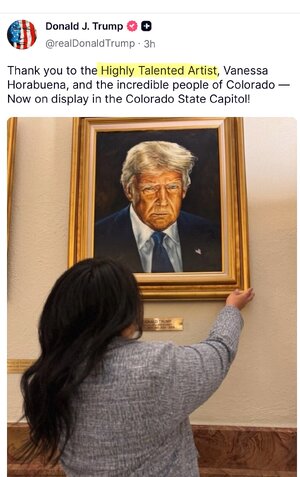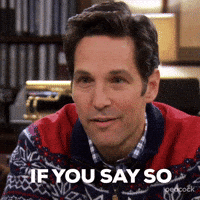- Messages
- 41,427
“The Trump administration has declined to release nearly $7 billion in federal funding that helps pay for after-school and summer programs, support for students learning English, teacher training and other services.
The money was expected to be released by Tuesday. But in an email on Monday, the Education Department notified state education agencies that the money would not be available.
The administration offered little explanation, saying only that the funds were under review. It gave no timeline for when, or if, the money would be released, saying instead that it was “committed to ensuring taxpayer resources are spent in accordance with the president’s priorities.”
The frozen funds are unrelated to the millions of dollars in cuts included in the domestic policy bill that squeaked through the Senate on Tuesday.…”


